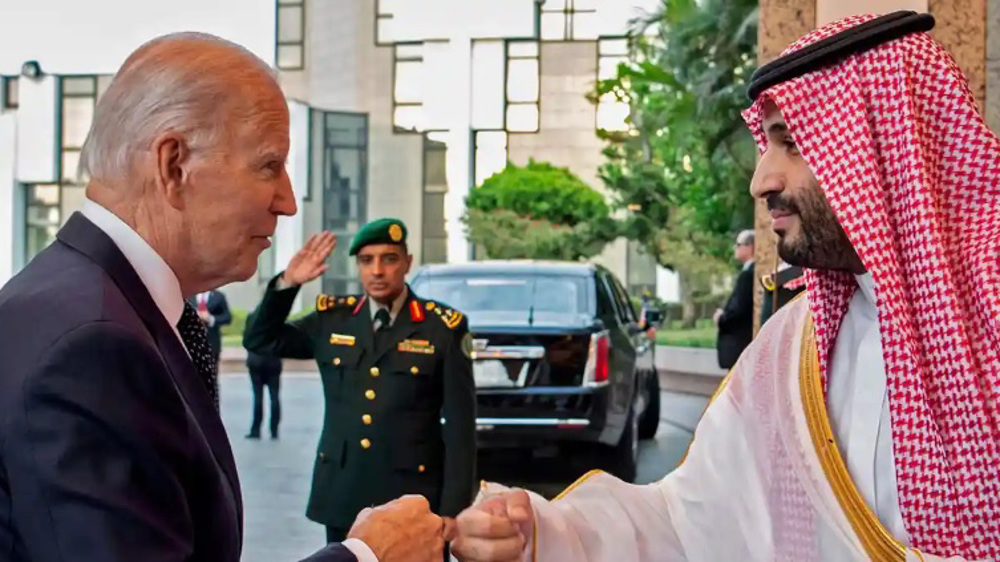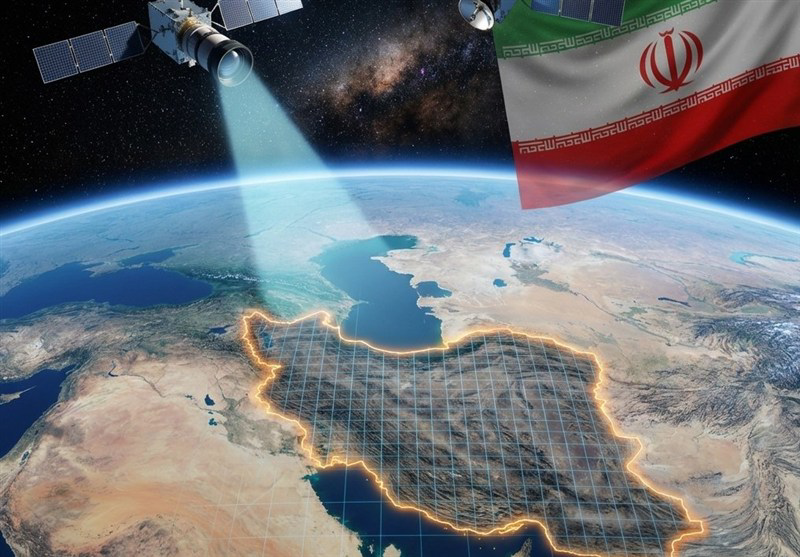US-Saudi rift on OPEC Plus: Bruised ties or beyond that?
By Hiba Morad
The US-Saudi partnership has often been described as a transactional one; majorly owing to Saudi Arabia’s oil supply in return for US arms in bulk. Since 1943, the equation has been protecting the interests of American oil companies in Saudi Arabia’s oil and gas industry in return for weapons and military equipment.
Saudi Arabia is a vital US asset in West Asia. Since the kingdom has the world’s largest oil reserves, enjoys a geo-strategic position, and has influence in the Arab and Islamic worlds, it remains to be the imperialist US’s pivot to Asia. Saudi Arabia has also been the US’ milking cow, paying tremendous sums of money in return for arms deals over the years.
Tensions, however, rose between the two countries following Saudi pressure on the Organization of the Petroleum Exporting Countries and allies (OPEC Plus) alliance last week to cut oil production by 2 million barrels per day.
This was after the US was acting in collusion with Saudi Arabia to patch things up in July on the Mohammed Bin Salman-ordered killing of the Saudi journalist Jamal Khashoggi in 2018. The US Intelligence had earlier released a report in which it said that MBS approved the operation to kill and dismantle the journalist.
Recently given a “made up” title of prime minister to secure his impunity at US courts on his role in the killing of Khashoggi, MBS claimed that the decision of OPEC Plus, in which Riyadh is a top producer, was “merely” economic and not politically motivated.
John Kirby, a top spokesperson for the US National Security Council denied the claims and said the Saudi move was wrong. He stated that the Saudis conveyed during the recent weeks their intention to reduce oil production, privately and publicly, knowing this would increase Russian revenues and blunt the effectiveness of sanctions.
In reaction, President Biden issued a vague warning to Saudi Arabia on Wednesday, pledged “consequences” and vowed to “take action.” The US claimed that OPEC Plus is aligning with Russia.
Of course, Biden is concerned that decreased oil output could push up the price of gasoline right before the November 8 US midterm elections, when Democrats will defend their control of both the House of Representatives and the Senate.
Meanwhile, some Senate Democrats are demanding a swift and concrete response.
In a strong expression of US anger over the Saudi oil-production cuts, Senate Foreign Relations Committee Chairman Robert Menendez called for freezing all US cooperation with Saudi Arabia on Monday. Menendez claimed that the move serves to boost Russia in its war in Ukraine.
He vowed he “will not green-light any cooperation with Riyadh until the Kingdom reassesses its position with respect to the war in Ukraine. Enough is enough.”
Persian Gulf sources rushed to conclude that the rift between the two countries will not break ties, while pro-US sources lashed MBS and OPEC Plus for the decision and said this move proves Bin Salman is siding with Russia, and that Western leaders should abandon him.
In the wake of the Russia-Ukraine war, the West has gone to great lengths to isolate Russia’s economy, which relies in large part on energy exports.
As part of their economic sanctions against Moscow, the US and EU are trying to impose a cap on the price paid to Russia for its oil exports. But that effort could now collapse as global oil prices rise and Europe heads into a winter season when heating costs are expected to soar due to the Ukraine war.
OPEC Plus, which groups the Organization of the Petroleum Exporting Countries and other producers including Russia, has refused to raise output to lower oil prices despite pressure from major consumers, including the United States.
Russia has hailed the recent decision made by OPEC Plus. The Kremlin’s spokesman Dmitry Peskov made the remarks on October 9, saying the move successfully at least “balances the mayhem that the Americans are causing.”
It is very good that such “balanced, thoughtful and planned work of the countries, which take a responsible position within OPEC, is opposed to the actions of the US,” Peskov said.
For months, the US and Saudi monarchy have been in a tit-for-tat game, seemingly contemplating how to pressure each other in return for gains. Of course, Mohammed bin Salman has gained leverage on the international level following the beginning of the Russia-Ukraine war since he controls the oil game, if possible to say.
MBS, who was described by The Economist as “one of the most dangerous leaders” of the world in September is opportunistic; he will do whatever it takes to get what he wants.
Middle East Eye quoted an academic from Tehran as saying “A senior Saudi diplomat told me that MBS started as a kid playing video games. Killing Khashoggi, starting a military intervention in Yemen which would last ‘two weeks,’ the siege of Qatar, and getting rid of [Lebanese Prime Minister Saad] Hariri were all video games for him, buttons you can press, enemies disappearing from the screen. Out of necessity, he is becoming more strategic.”
“Strategic maturity does not come from what you would like to have. It comes out of necessity,” the academic said. “I don’t think the Saudis decided to move beyond that strategic relationship with America. The American hand is still strong. But there are differences happening. The Americans are not seen with the same confidence that was seen in Riyadh.”
By the OPEC Plus move, yes, MBS has shown his influence over the global oil market, but he did upset the foreign policy establishment in Washington. Of course, Washington will not want to risk oil security which is in the hands of the kingdom to a great extent, or drive Riyadh closer to Russia and China; a too simplistic of a prediction. Saudi Arabia still cannot make it through without the US, but Biden needs to take action for the Saudi humiliation.
A serious issue remains in question; what will happen to the West as winter becomes harsher in light of power cuts, the absence of hot water and scarcity and high prices of oil?
Also on the current rift, will Biden invite MBS to Washington and “spank” him like the Saudi game boy did to Lebanon’s Hariri, perhaps in one way or another? Will relations deteriorate and the world see different coalitions as the US says it will reconsider relations with the Saudi monarchy? Or will this be just another bruise in ties between the oil-rich country and the imperialist US before the two resume their US-Saudi waltz?
Hiba Morad is a Tehran-based academic and political analyst, currently pursuing a PhD in linguistics at the University of Tehran.
(The views expressed in this article are author's own and do not necessarily reflect those of Press TV.)
Yemen’s leader calls for million-strong rally on Friday
Foreign Ministry: Iran FM heads to Oman for nuclear talks with US
China bans all new investments in Israeli-occupied lands: Report
Global flotilla of 3,000 activists to set sail from Barcelona to break Gaza siege
VIDEO | Press TV's news headlines
Israeli airstrikes on Lebanon reach highest level since Nov. 2024 ceasefire: Report
VIDEO | Venezuelans commemorate 34 years since the start of the Bolivarian Revolution
Iran’s new ground stations to boost satellite control, speed up image reception










 This makes it easy to access the Press TV website
This makes it easy to access the Press TV website